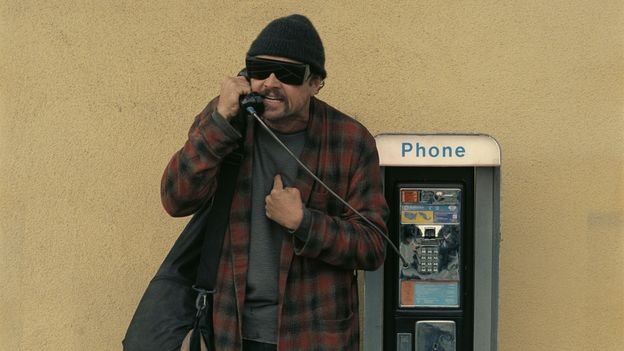14 of the best films to watch this September

Twinless
This ingenious and outrageous comedy drama was showered with rave reviews when it premiered at the Sundance Film Festival in January. But all of those reviews were careful not to give too much away, because the twists in Twinless are what make it so remarkable. The premise is that Roman (Dylan O’Brien) has an identical twin who dies in a car crash. Roman goes to a twin bereavement support group, where he meets Dennis (the film’s writer-director, James Sweeney), and the two become close friends. But “the initial premise is merely a small fraction of what this film has in store as it upends expectations and runs with them as far as it can”, said Chase Hutchinson in The Wrap. “It’s a juggling act of tones that manages to be funny, chaotic, dark and even unexpectedly poignant… what fun Sweeney has contorting his characters into a whole host of hilarious, yet still uncomfortable, situations.”
Released on 5 September in the US and Canada
 Universal Studios
Universal StudiosHim
There’s no sign yet of the next horror film directed by Jordan Peele (Get Out, Us, Nope), but in the meantime we have Him, which Peele produced, and which seems to have his signature blend of shocks, mystery and sly social commentary. It’s the twisted story of a rising American football star, Cameron Cade (Tyriq Withers), who needs some extra help to fulfil his potential. His hero is Isaiah White (Marlon Wayans), a legendary quarterback, so Cade is thrilled to be invited to White’s isolated training compound. Once he’s there, though, he discovers that the training involves gory violence and hallucinatory weirdness. But if that’s what it takes to be a sporting superstar, could the ordeal be worth it? Written by Zack Akers and Skip Bronkie, Him is a “mash-up where sports meet horror”, says its director, Justin Tipping. “I guarantee, this film does not play it safe.”
Released on 19 September in the US and Canada and 25 September in Australia
 Vincent Productions
Vincent ProductionsRiefenstahl
Leni Riefenstahl’s documentaries Triumph of the Will and Olympia are Nazi propaganda, though Riefenstahl argued that she cared only about art and beauty, not politics. She spent plenty of time with Hitler, and her claims that she was unaware of his crimes against humanity were never wholly convincing. Andres Veiel’s documentary goes further: it argues that Riefenstahl was a Nazi throughout her life, however much she protested otherwise. The film is an “extraordinary deep-dive documentary about the original cancelled artist”, said The Guardian. “Veiel gained unprecedented access to Riefenstahl’s personal archive and combed through film footage, audio, photos and writing… He paints a textured, complex portrait that feels close to definitive; a slice of dark history that speaks (eloquently, implicitly) to present-day tensions.”
Released on 5 September in the US
—
If you liked this story, sign up for The Essential List newsletter – a handpicked selection of features, videos and can’t-miss news, delivered to your inbox twice a week.
For more Culture stories from the BBC, follow us on Facebook and Instagram.





